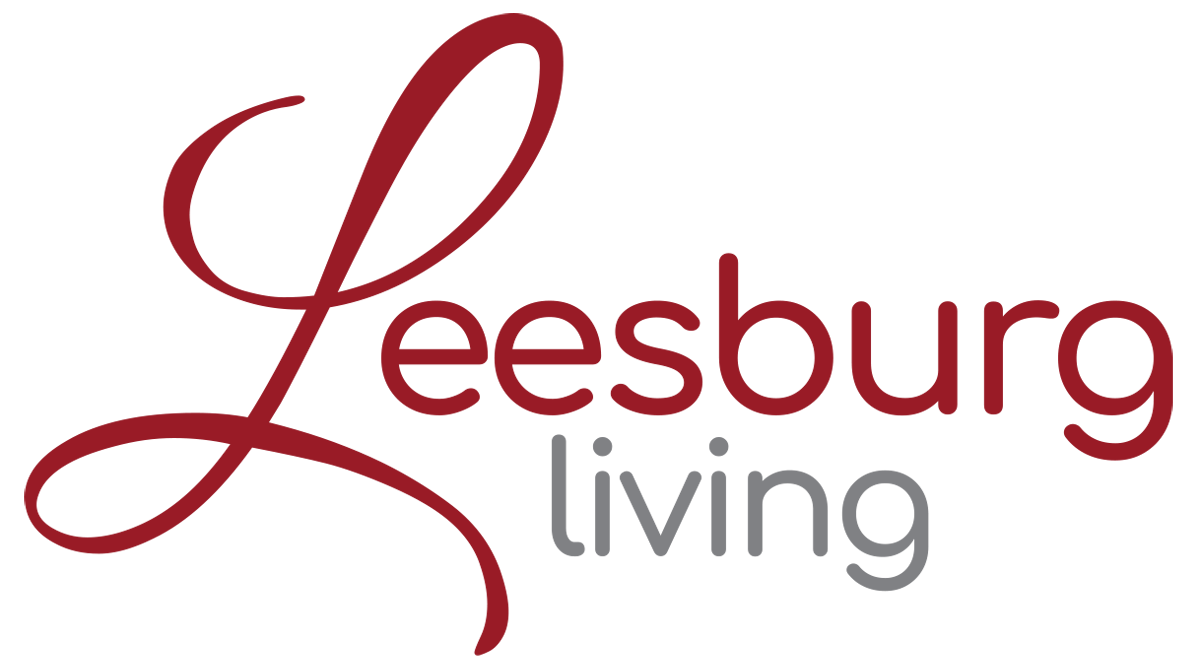 In a detailed 159-page report, Senior Hearing Examiner Judge Michael Thomas of the State Corporation Commission (SCC) recommends rejecting the latest toll increase proposal by Toll Road Investors Partnership II (TRIP II), the owners of Dulles Greenway. This decision reflects the strong opposition from Loudoun County residents.
In a detailed 159-page report, Senior Hearing Examiner Judge Michael Thomas of the State Corporation Commission (SCC) recommends rejecting the latest toll increase proposal by Toll Road Investors Partnership II (TRIP II), the owners of Dulles Greenway. This decision reflects the strong opposition from Loudoun County residents.
“This thoughtful and detailed report acknowledges the voice of Loudoun County residents who have vehemently opposed higher tolls on the Greenway,” said Board of Supervisors Chair Phyllis J. Randall. “Members of the Board of Supervisors, senior leaders in Loudoun County, and the people of Loudoun turned out to ensure the hearing examiner heard directly from the people who would be impacted by the proposed toll increases. The decision now lies in the hands of the commission.”
All parties involved in the case, including Loudoun County, have until June 5, 2024, to submit comments regarding the recommendation. The case is expected to be forwarded to the three-member commission this summer, with a final determination by the SCC expected later this year.
“Protecting Loudoun County drivers from the Greenway’s excessive tolls has been one of my top priorities for over a decade,” said Dulles District Supervisor Matthew F. Letourneau, who also serves as chairman of the Board’s Finance, Government Operations and Economic Development Committee. “The hearing examiner’s report brings us one step closer to rejecting the Greenway’s ridiculous rate increases. The Board’s engagement and investment in a legislative and legal strategy to fight Greenway tolls has been working. We’ve successfully changed the law to ensure an objective and legitimate review of the Greenway’s rate increase requests, beaten back attempts to bail out the Greenway in the legislature, and fought proposed increases in front of the SCC using data and sound arguments. I look forward to the final decision in this case and the continued work to bring sanity to the Greenway’s toll structure.”
TRIP II’s application (Case # PUR-2023-00089) proposed increasing the maximum tolls for most drivers to $8.10 during peak hours, up from the current $5.80; and to $6.40 during off-peak hours, up from $5.25. Under legislation passed in 2021, the SCC is required to examine proposed toll increases against an objective three-factor standard. Judge Thomas found that TRIP II’s proposal fails two of the three factors, specifically that the proposed toll rates would materially discourage use of the Greenway, and that TRIP II did not demonstrate the proposed toll increases would be reasonable to the user in relation to the benefit obtained.
TRIP II argued to the SCC that it expected traffic on the Greenway to increase by 8.1% if its proposed toll rate increase were approved, and claimed the increase was necessary to pay its outstanding debts.
Loudoun County participated in the case to argue that increased tolls discourage drivers from using the Greenway, leading to increased congestion on public roads and necessitating costly expansions to relieve congestion. The county’s analysis also indicated that the proposed rate increase would ultimately worsen TRIP II’s financial condition by driving users away.
Judge Thomas’ report rejects TRIP II’s analysis, agreeing with Loudoun County that the company’s approach is “seriously flawed.” He stated there is “absolutely no way that the implementation of the proposed toll increases will result in an 8.1% increase in Greenway traffic.” The report reviewed over 900 comments from the public, noting it is “the understatement of the year to say that Greenway riders are vehemently opposed to any toll increase.”
Loudoun County continues to oppose arbitrary toll rate increases and supports the objective standard adopted by the state legislature, as well as the SCC’s review process, which allows public participation. The county also opposes legislative proposals that would extend TRIP II’s right to operate the toll road, provide for automatic toll increases, or remove toll rate proposals from the public SCC review process.



